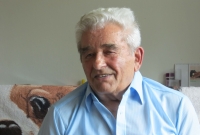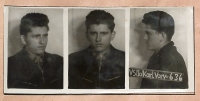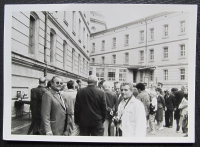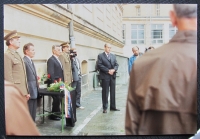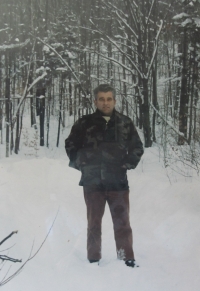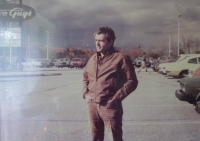In a refugee camp near Nuremberg, he entered the service of Western intelligence
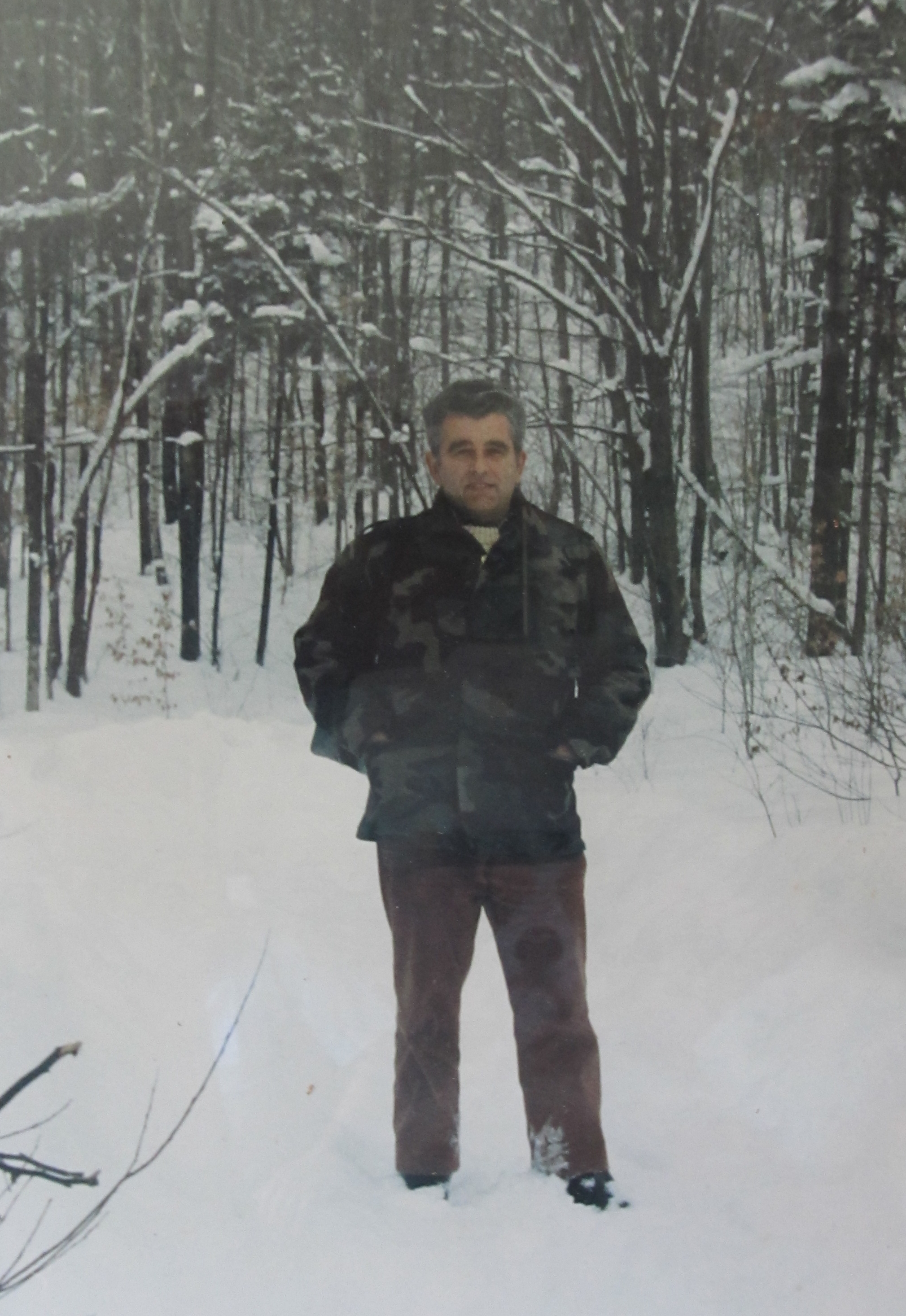
Download image
Květoslav Švihla was born on 18 March 1933 in the village of Zemětice near Přeštice. His father worked as a quarry worker, his mother was in charge of the household. He had three siblings, one brother died tragically in his youth, the other emigrated to Australia. During the war he experienced the liberation by the Americans and the expulsion of the Germans from the borderlands. In 1946 the family moved to the former Sudetenland. His father was given 13 hectares of land and part of the farm of the Germans in Mokřiny near Aš, where Volhynian Czechs returning from the Soviet Union also came. Květoslav Švihla finished municipal school in Aš and spent two years at the local agricultural school. From the end of 1949 he worked as a tractor driver at the state machine station, where he met his peers who had founded an anti-state group. In August 1950, Švihla crossed the border illegally and joined the Western intelligence services as a walker agent in a refugee camp near Nuremberg. During this activity, he crossed the border several times, smuggling mainly information about events in Czechoslovakia and private messages. On 24 April 1951 he was arrested. On 29 August 1951, the State Court in Prague sentenced Květoslav Švihla for treason and espionage to fifteen years’ imprisonment, confiscation of property and eight years’ loss of civil rights. He served his sentence in a juvenile correctional institution in Zámrsk, where he worked in the kitchen. He went first the prison in Bory and then he got to the Jáchymov region, to the uranium mines. He passed through the camps Barbora, Vojna and Bytíz. At Barbora he met the famous hockey goalman Bohumil Modrý. In 1962, he was transferred to the prison in Leopoldov, where he worked as a welder in a workshop for the production of washing machines. In April 1963, Květoslav Švihla received a remission of the rest of his sentence and was released after twelve years. For five months he worked as a driver in public transport in Pilsen, then he started his military service. After two years he returned to work as a trolleybus driver and got married. In August 1968, together with his wife and stepdaughter, they decided to emigrate. They came to the United States via Austria. At first they lived in New York, where Svihla worked as a welder at the port. In 1990, he came to Czechoslovakia for the first time in 22 years. Květoslav Švihla lived in the United States until 2007. After the death of his wife, he returned to his native country. He received an award as a participant in the anti-communist resistance.
